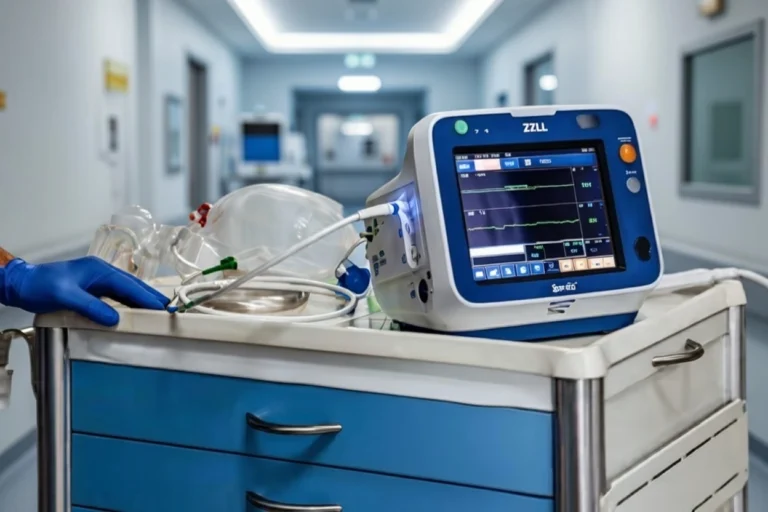
Biogen Inc. (Nasdaq: BIIB) shared full results from its Phase 2 IGNAZ study on felzartamab, an investigational anti-CD38 monoclonal antibody, for IgA nephropathy (IgAN) treatment. Data revealed significant reductions in proteinuria, kidney function stabilization, and sustained treatment effects over 18 months after the final dose. The findings were presented at Kidney Week 2024, the annual American Society of Nephrology meeting in San Diego.
“These complete results validate our interim findings and show felzartamab’s potential to reduce proteinuria, stabilize kidney function, and maintain effects long after treatment,” said Dr. Jonathan Barratt, Mayer Professor of Renal Medicine at the University of Leicester. “This is promising for patients, highlighting felzartamab as a potential therapeutic option for IgAN, a major cause of chronic kidney disease.”
The IGNAZ study (n=54) assessed felzartamab’s safety and efficacy in high-risk IgAN patients. Results showed that a nine-dose regimen over six months led to a nearly 50% reduction in proteinuria, measured by the urinary protein-to-creatinine ratio (UPCR), and stabilized kidney function, reflected in estimated glomerular filtration rate (eGFR) readings through 24 months—more than 18 months post-treatment. Felzartamab’s sustained effects suggest it could be administered in treatment cycles rather than continuous dosing.
Additionally, felzartamab selectively reduced IgA antibody levels, while IgG and IgM levels rebounded to baseline three months post-treatment, potentially preserving immune functions critical for infection defense. Felzartamab was well-tolerated, with a safety profile in line with previous studies.
“We are encouraged by these findings, given the unmet need for effective IgAN treatments,” said Dr. Uptal Patel, Head of Development, HI-Bio at Biogen. “We extend our gratitude to all participants and study teams, as these results will guide our planning for a Phase 3 trial to further explore felzartamab’s role in protecting kidney function.





